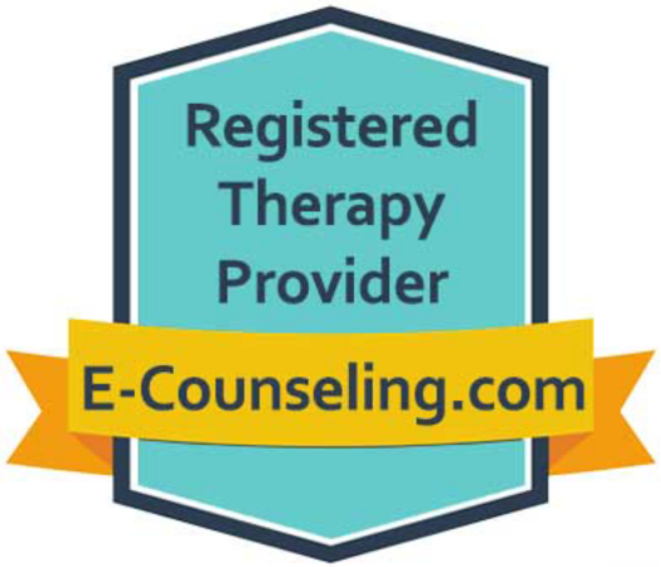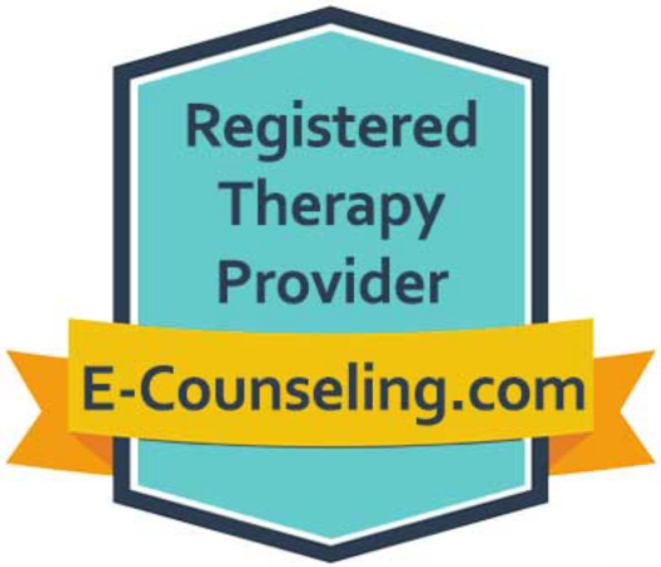You can use this as a beginning and check your progress with a licensed therapist to help coach the coach in you.
5 Steps To Being your kids Emotional Coach:
1.Be aware of your child’s emotions. What makes them happy,sad, angry. Pay close attention. Show empathy even
when they are mad. Get help if this seems too difficult. Share your emotions with your children. Provide positive mirroring to what they are feeling and normalize and understand. Use active listening.
2. Recognize emotions as change and get closer and teach that all feelings are welcome. Encourage them to share the full spectrum of feelings and respect their space. Best thing you felt today/worst thing you felt today? Child learns empathy by watching you. What is stressful? What happens that makes that stressful to you?
3.Listen empathically and validate their feelings. Reflect back: So it sounds like when x happens you that hurts your feelings- show that you understand without judging or saying what it seems like from your mind. “I can see how that would be hurtful for you/ or stressful to you”
4. Help child verbally name emotions. Look in their eyes and have no tv or cell phone activity when tuning into children. Help identify and name what they went through without criticizing emotions. If you make it safe to talk to you then you eventually will help them cope and they wont get hooked on avoidence coping or numbing or escape or tv or video addictions or be at risk for coping with drugs or alcohol when they experiment.
5. Problem Solve and Set Limits. Talk about what led up to x feelings, define solutions, be more focused on how they feel than fixing every problem.Misbehavior is teaching time and explain why? Your role as the emotional coach is:
to support and guide. You can set limits but what is more important is to understand first. Its bad news for a kid to have a parent who is only interested in grades and not interested in what he/she learned or what the experience was like. You do both: understand , talk out and learn from the experts(your kids) about their feelings and at the same time provide warnings or positive and negative consequences . They do best in an atmosphere where they get your love and respect no matter what they do but you sketch out the limits and consequences related to some things like if they hit or really fail a class maybe they get certain activities to keep but loose privledges for other activities. The message is we love you but we don’t like what you do at times. Kids live in the moment and have difficulty planning and focusing on their future.
This outline is drawn from many sources including: Phil Boissiere, Alex Stalcup, Gabor Mate, Nora Volkow, H. Spencer Bloch, and Stanley Greenspan
If you are interested in more information about child emotional coaching, please feel free to contact me:
Sacramento Office: (916) 281-9661
Davis Office: (530) 400-3275
















